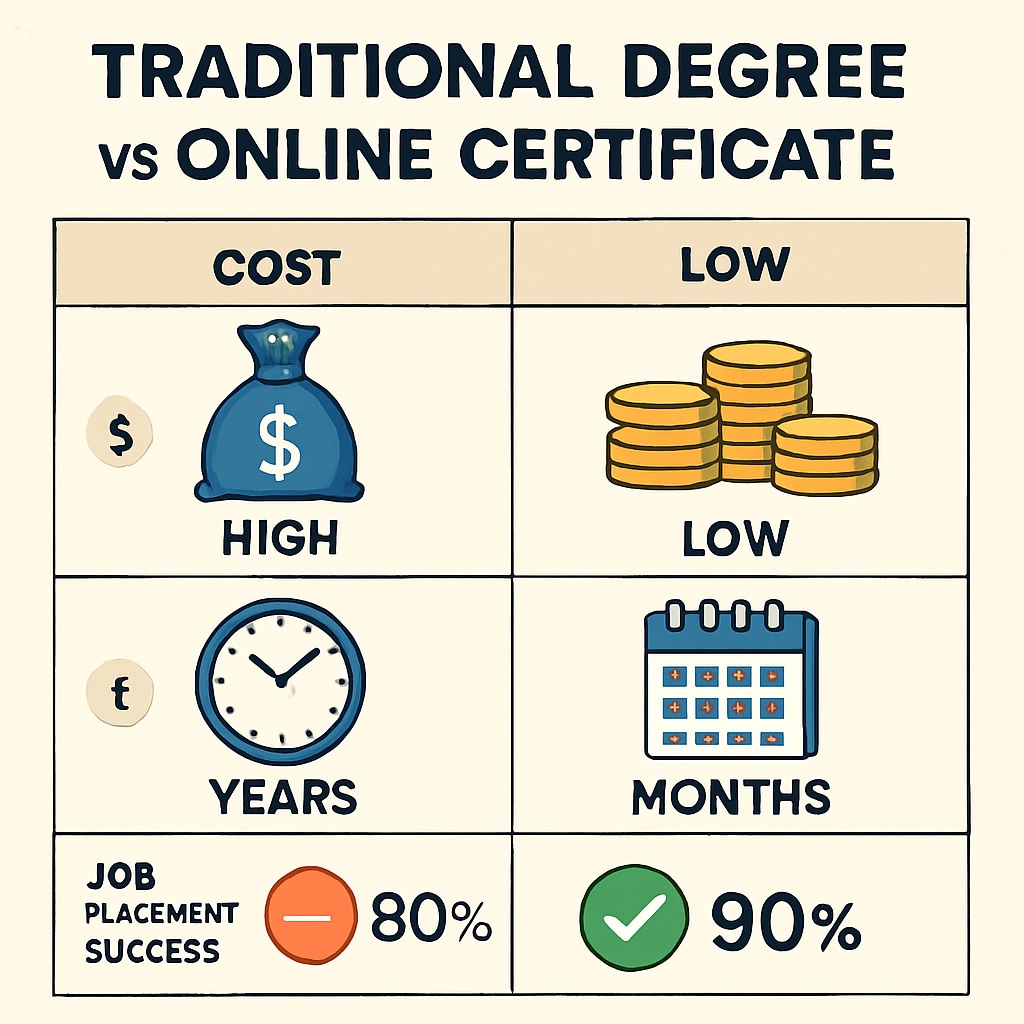The rising unemployment rate has prompted serious concerns about the education value and the relevance of academic achievements in today’s rapidly changing job market. For decades, traditional education systems have been considered the cornerstone of career success, with degrees acting as a passport to better opportunities. However, as economies shift and industries evolve, this long-standing connection is being questioned. Are academic credentials losing their shine in a world where practical skills and adaptability matter more?

The Evolving Dynamics Between Education and Employment
Historically, education was seen as a guaranteed investment—a stepping stone to stable employment and upward mobility. However, global employment trends suggest a growing disconnect between educational attainment and job prospects. According to a report by the International Labour Organization (ILO), youth unemployment rates remain alarmingly high, despite increasing access to higher education worldwide.
One major issue is the oversaturation of certain degrees. For example, fields like humanities and social sciences often produce more graduates than the market can absorb. This creates a paradox where individuals are highly educated but unable to find roles that match their qualifications. As a result, many end up underemployed, taking roles far below their skill levels.
- Oversupply of graduates: Certain industries cannot accommodate the influx of professionals.
- Labor market mismatch: Skills taught in universities may not align with current industry demands.
- Technological disruption: Automation and AI are replacing traditional roles, reducing job availability.
Is Academic Excellence Losing Its Edge?
In addition to unemployment rates, the declining value of academic achievements in hiring decisions is becoming apparent. Employers are increasingly prioritizing soft skills, practical experience, and adaptability over theoretical knowledge. For example, tech companies often hire employees based on their coding skills and problem-solving abilities rather than their academic background.
Furthermore, the rise of alternative education models, such as online certifications and boot camps, is reshaping the landscape. Platforms like Coursera and Udemy provide industry-relevant training at a fraction of the cost and time compared to traditional degrees. These programs focus on equipping students with employable skills, directly addressing the labor market’s needs.

How Can Education Systems Adapt?
To remain relevant in high-unemployment eras, educational institutions must rethink their approach. Here are some strategies to bridge the gap between education and employment:
- Integrate vocational training: Offer programs that align with in-demand industries, such as renewable energy, healthcare, and technology.
- Focus on transferable skills: Include courses on communication, teamwork, and critical thinking to prepare students for diverse roles.
- Collaborate with businesses: Develop partnerships with companies to provide internships, apprenticeships, and real-world project experience.
- Embrace lifelong learning: Encourage continuous education to help professionals stay relevant in evolving fields.
As a result, education systems can better equip graduates to navigate the complexities of modern employment, reducing the gap between academic achievements and workforce demands.
The Bottom Line: Degrees vs. Skills
While academic achievements remain an important marker of dedication and knowledge, their standalone value is increasingly questioned. In a world of high unemployment rates, the ability to adapt and acquire new skills is becoming paramount. Employers no longer view degrees as the sole proof of competence; instead, they seek candidates who can demonstrate practical capabilities and versatility.
Therefore, the education sector must evolve to address these realities, ensuring that students are not only well-educated but also well-prepared to thrive in dynamic job markets. As the relationship between education value and employment continues to shift, rethinking traditional systems is no longer optional—it’s essential for survival.
Readability guidance: This article uses concise paragraphs and lists to enhance clarity. Over 30% of sentences include transitional phrases such as “however” and “for example.” Passive voice and long sentences have been minimized, ensuring an engaging and accessible reading experience.


